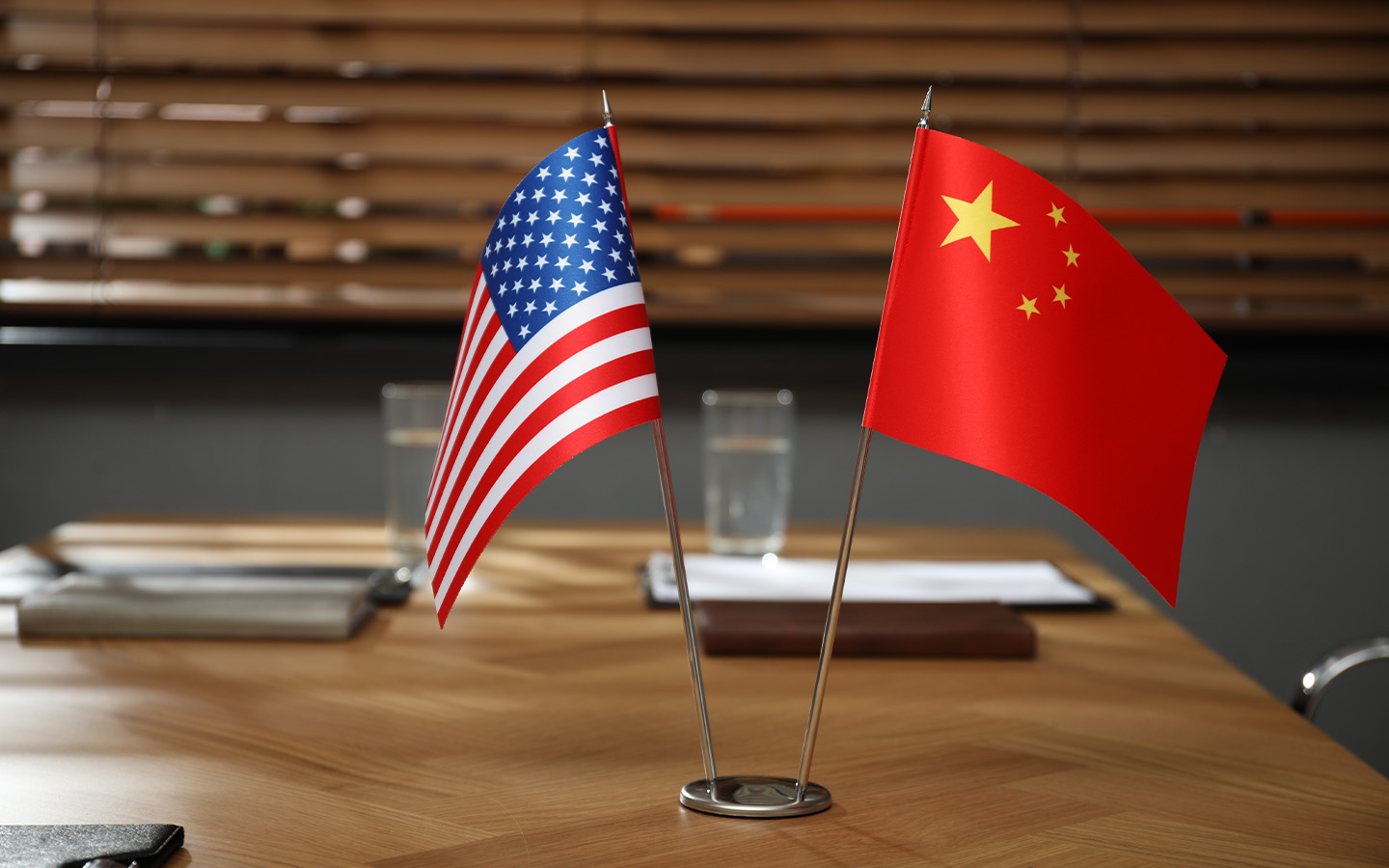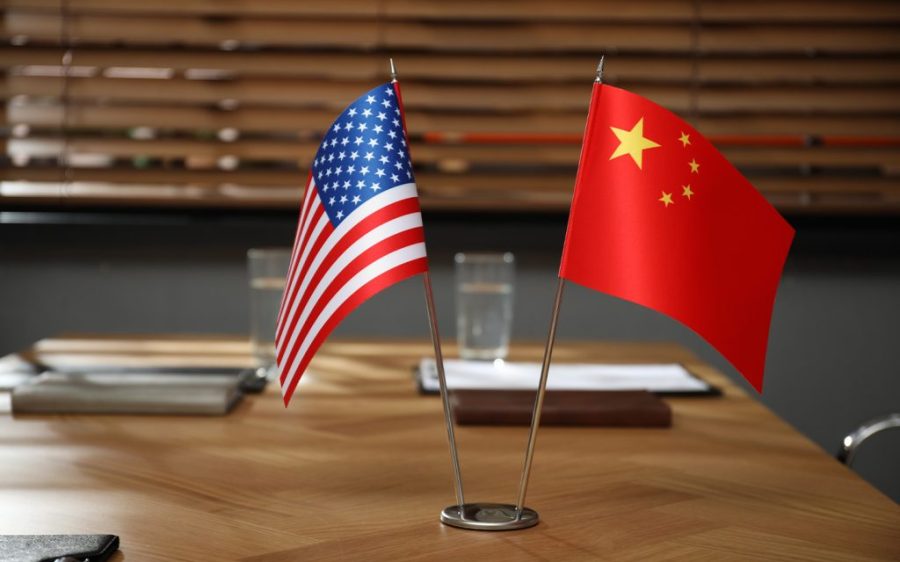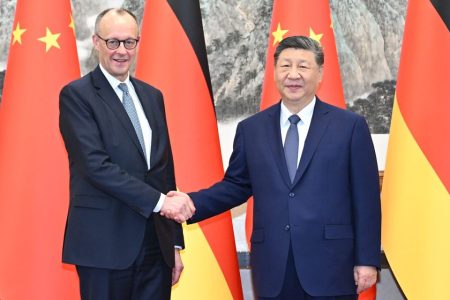Vice Premier He Lifeng will meet US Treasury Secretary Scott Bessent and Trade Representative Jamieson Greer in Malaysia from today for four days of high-level trade talks, multiple media outlets are reporting.
The meetings, confirmed by China’s Ministry of Commerce (MOFCOM) on Thursday, coincide with an Association of Southeast Asian Nations (ASEAN) summit Malaysia is hosting between 24 and 27 October. The US trade officials previously said they were headed to Malaysia to discuss Beijing’s recent tightening of the global supply of rare earth minerals – a move sparking a flare-up in China-US tensions.
According to Reuters, officials from both countries were “scrambling to salvage” next week’s planned meeting between President Xi Jinping and US President Donald Trump in South Korea.
MOFCOM’s statement said the two sides would “consult on important issues in China-US economic and trade relations” in keeping with the “consensus reached during multiple phone calls by the two nations’ leaders this year” while in Malaysia.
[See more: Trump threatens ban on Chinese cooking oil as trade tensions heat up]
The negotiations mark the fifth round of trade talks between the world’s two largest economies, and follow September’s talks in Madrid.
The US is reportedly considering curbs on software-powered exports like laptops and jet engines to China as retaliation against Beijing’s latest rare earths restrictions. Bessant told reporters on Wednesday that “everything is on the table” regarding export controls, and whatever eventuated would most likely be “in coordination with our G-7 allies.”
Also on Wednesday, Trump told reporters that he expected to reach a deal with Xi while in South Korea – specifically around China’s soybean purchases and nuclear weapons. “I think something will work out,” he said.
The two countries are working against a 10 November deadline for tariffs, with the US having set 1 November for additional 100 percent tariffs on Chinese imports if no agreement is reached. Analysts expect both sides to extend deadlines to allow more time for negotiations.






